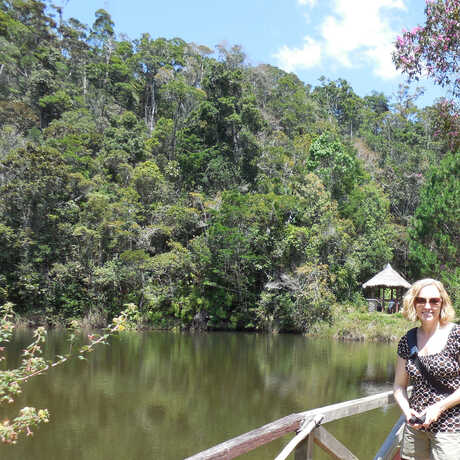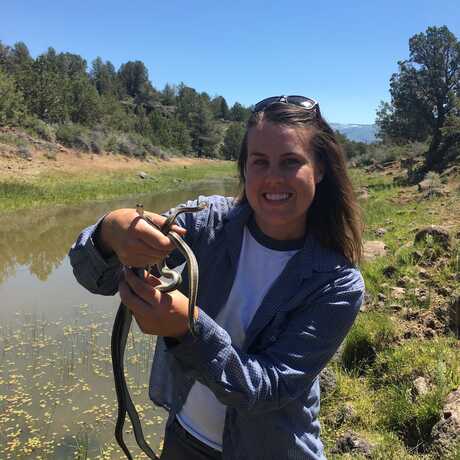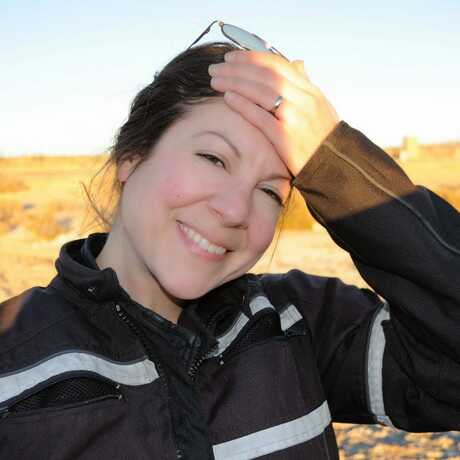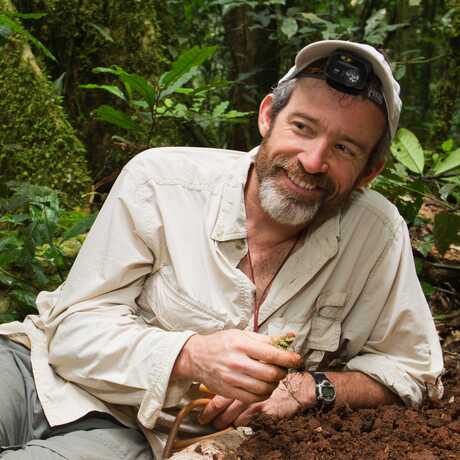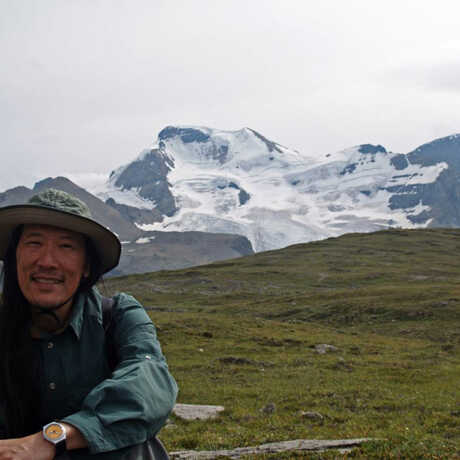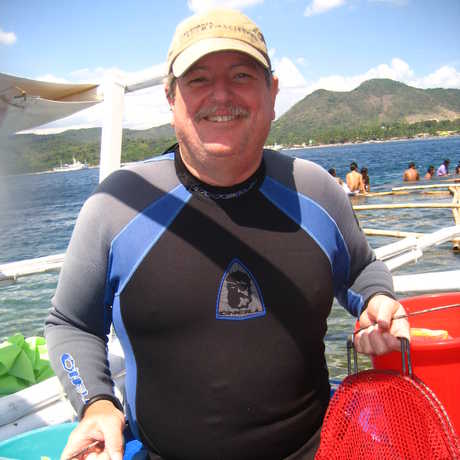Search for Academy curators, collections managers, and research staff working to answer some of the world's most pressing scientific questions.
I study the patterns and processes of evolution in scorpions and their fascinating venoms, spiders, and whip spiders. I am particularly interested in the interactions between biota, geology, and climate that have lead to the present-day assemblage of life on Earth. I feel that by understanding the history of life on Earth, we can make better informed decisions for enabling the present-day flora and fauna to continue to adapt and evolve.
I study the diversity and evolution of ants. In particular, I am interested in uncovering the diversity, origin, and radiation of ants across the southwest Indian Ocean. Concerns over deforestation on Madagascar led me to deploy Malaise traps with metabarcoding to monitor 50 forest sites. We also study how edible insects can be farmed at scale to alleviate pressure on endangered habitat while supplementing local diets.
As the Ornithology and Mammalogy Senior Collection Manager, I manage over 140,000 bird and mammal specimens for scientific research. These specimens originate from all parts of the globe and range in size from an 80’ blue whale skeleton to tiny hummingbird eggs. My work involves various mammal and bird projects. Specifically, I serve as Principal Investigator on several grants supporting work with the Marine Mammal Stranding Network, specifically the field collection of marine mammal data and specimens.
I am interested in the behavioral ecology of fishes, particularly in species that exhibit complex relationships with other organisms, and strong habitat dependencies. Currently I am working in the lab of Dr. Alison Gould on the genus Siphamia, a group of tiny cardinalfish that exhibit bioluminescence though symbiosis with light producing bacteria, and that rely on invertebrates such as sea urchins and corals for protection from predators.
